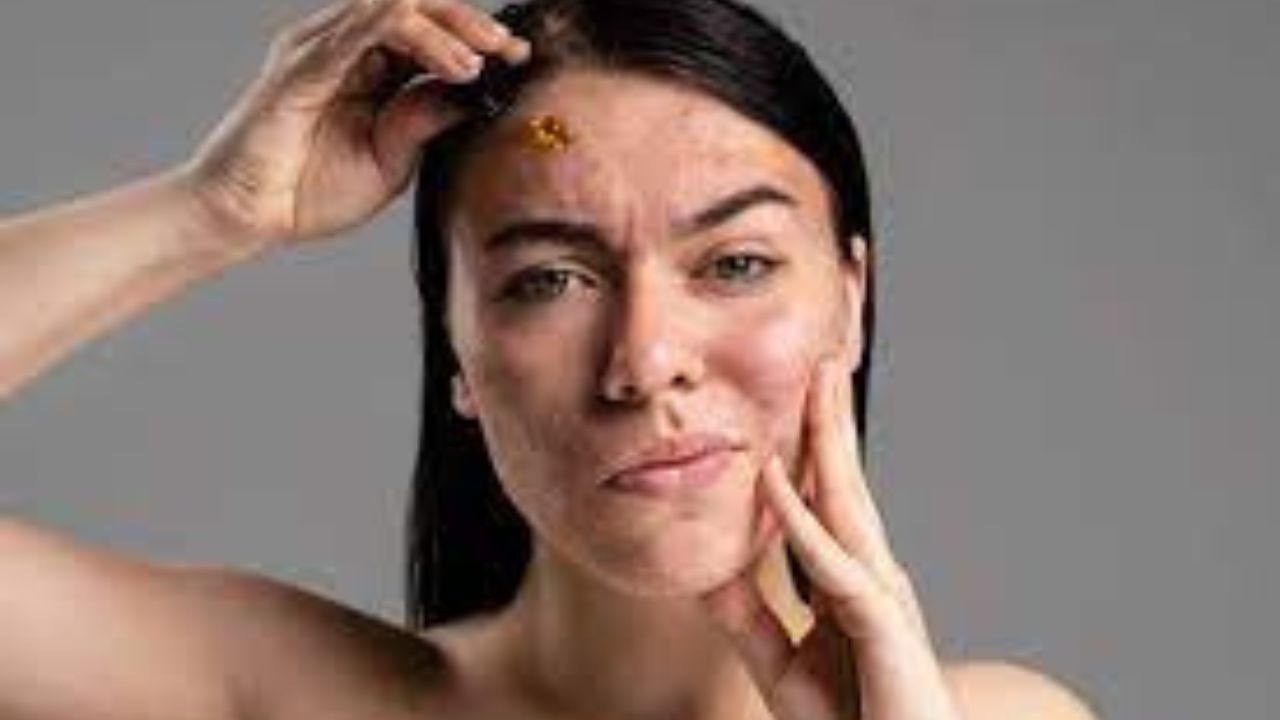Everybody’s body and skin are different, and every person responds to food differently, so if you find that a certain meal or dietary item triggers acne, you should avoid it. However, before experimenting with your diet, it’s always a good idea to speak with a dermatologist to find out what works best for you and your skin. This is due to the fact that certain diets can also contribute to acne, in addition to bacteria, hormones, excessive sebum production, and hyperproliferation of follicular cells.
It’s always a good idea to keep a careful check on your eating habits and pay attention to how they affect your skin in order to prevent acne problems from getting worse if you already have acne-prone, oily skin.
Famous acne-related myths include:
- The myth that adults only experience acne in their twenties is untrue! Adult acne is caused by a variety of factors, including fluctuating hormones, elevated stress levels, smoking, drinking, binge eating, and basically any unhealthy lifestyle pattern, drug side effects (and occasionally even undiagnosed medical conditions), family history, genetics, skincare and haircare products, and even environmental factors. Any age or stage can experience acne.
- Makeup causes acne: The truth is, makeup does not cause acne, but applying makeup that is not appropriate for your skin type and not properly removing it from your face, namely by double cleaning, might clog your pores and result in breakouts. The greatest option to prevent acne from being triggered and to prevent flare-ups or breakouts on your face is to use noncomedogenic cosmetic products and mineral-based (think lighter formulations).
- People with acne shouldn’t use moisturizers: If you have acne-prone skin, please use a moisturizer (or, as a bonus, use treatments that strip the skin to “clean” your face and make it less oily). Your sebaceous glands would work overtime if your skin were to become drier. Thus, they would produce more sebum (also known as oil), only to cover your face and moisturize or hydrate it. This would cause your pores to clog, which would then result in outbreaks. Furthermore, your skin would already be on the dry side if you have acne and are utilizing acne-fighting ingredients. The sebaceous glands would then have to work harder to produce more oil to moisturize your skin, delaying the start of your acne therapy.
- Scrubbing your skin clean makes acne go away faster: Scrubbing acne doesn’t work; it actually makes it worse. Use a mild yet powerful cleanser, and gently massage the skin for about 30 seconds before rinsing it off.
- Acne treatments don’t work: The appropriate prescription can clean up all forms of acne. Dermatologists have many compliance problems with acne patients because they frequently don’t realize that it takes the condition two to three weeks to respond to treatment effectively. In an effort to see results quickly, patients overused topical medications like retinol or adapalene, which ultimately left their skin overly dry and irritated. They begin to doubt the efficacy of the therapy as a result.

 हिंदी
हिंदी






